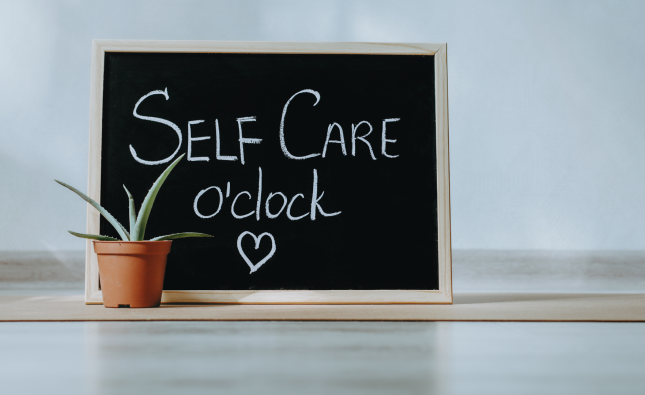
Have you ever noticed how a good sweat session can leave you feeling refreshed, energized and ready to take on the world? Exercise is not just great for your physical health, but it also has some amazing benefits for your mental wellbeing. In fact, studies have shown that exercise can help improve your mood, reduce stress levels and even boost cognitive function. In this blog post, we dive deep into the fascinating relationship between mind over matter and explore how exercise can help improve your mental resilience. So why not lace up those sneakers and learn about all the incredible ways working out can transform both your body AND mind!
What is Mental Resilience?
Mental resilience is the ability to bounce back from difficult experiences and maintain positive outlooks. It’s about having the strength to overcome setbacks, focus on your goals, and remember that you’re capable of handling whatever comes your way.
That might sound like a tall order, but there are lots of ways to build mental resilience. One key factor is exercise. Exercise can help improve mood, reduce stress levels, increase serotonin production, and boost self-esteem. In fact, research shows that people with higher levels of physical resilience also have stronger mental abilities overall.
So whether you’re looking to ward off anxiety in the short term or cultivate greater emotional stability over time, regular exercise is a powerful tool for improving mental resilience.
The Benefits of Exercise for Mental Resilience
Exercise has been shown to improve mental resilience by increasing happiness, well-being, social connectedness, self-esteem and stress tolerance. The benefits of exercise for mental resilience are:
1. Increased Happiness: Exercise has been shown to increase happiness by reducing anxiety and depression symptoms. In one study, people who exercised were significantly more likely to report being happy than those who did not exercise. This is likely due to the release of endorphins, which are hormone-like chemicals that have positive effects on mood.
2. Well-Being: Exercise has also been linked with increased well-being. In one study, participants who exercised reported feeling happier and more content than those who did not exercise. This is likely due to the fact that exercise can help reduce stress levels and improve moods overall.
3. Social Connectedness: Exercise has also been shown to increase social connectedness by improving relationships and communication skills. In one study, people who exercised were more likely to report feeling close to others than those who did not exercise. This may be because exercise helps increase feelings of self-confidence and independence which makes people want to spend time with others.
4. Self-Esteem: Finally, exercising can also boost self-esteem by helping individuals feel better about their bodies and brains. Exercising can also improve cognitive function and memory performance in adults, which can lead to an increased sense of self-worth
How to Increase Your Mental Resilience With Exercise
Exercise has long been known to be beneficial for physical health, but recent research is showing that it can also improve mental resilience. Mental resilience is the ability to face adversity and maintain positive emotions. It’s important because it helps us cope with stress and setbacks, stay on track during tough times, and maintain a positive outlook.
Regular exercise has been shown to improve overall mental well-being, both in people who are already resilient and those who aren’t as resilient. One study found that women who exercised regularly scored higher on measures of mental resilience than women who didn’t exercise at all. What’s more, the benefits of exercise were seen regardless of age or whether the person had a high or low score on measures of psychological resilience.
So what does this mean for you? If you want to increase your mental resilience, start by getting active! There are many different types of activities that can be beneficial for your mental health, so find one that you enjoy and stick with it. And don’t forget about the mental side of exercise – think about how you can mentally prepare for your activity before hand. This will help ensure that you have a positive experience and leave feeling like you’ve improved your mental resilience
Conclusion
As we’ve seen in this article, exercise can have a powerful impact on mental resilience. The key is to find the type of exercise that is right for you and make sure you stick with it, whether that means working out at home or taking part in a physical activity program outdoors. By doing this, you’ll not only improve your physical health but also increase your mental resilience.










